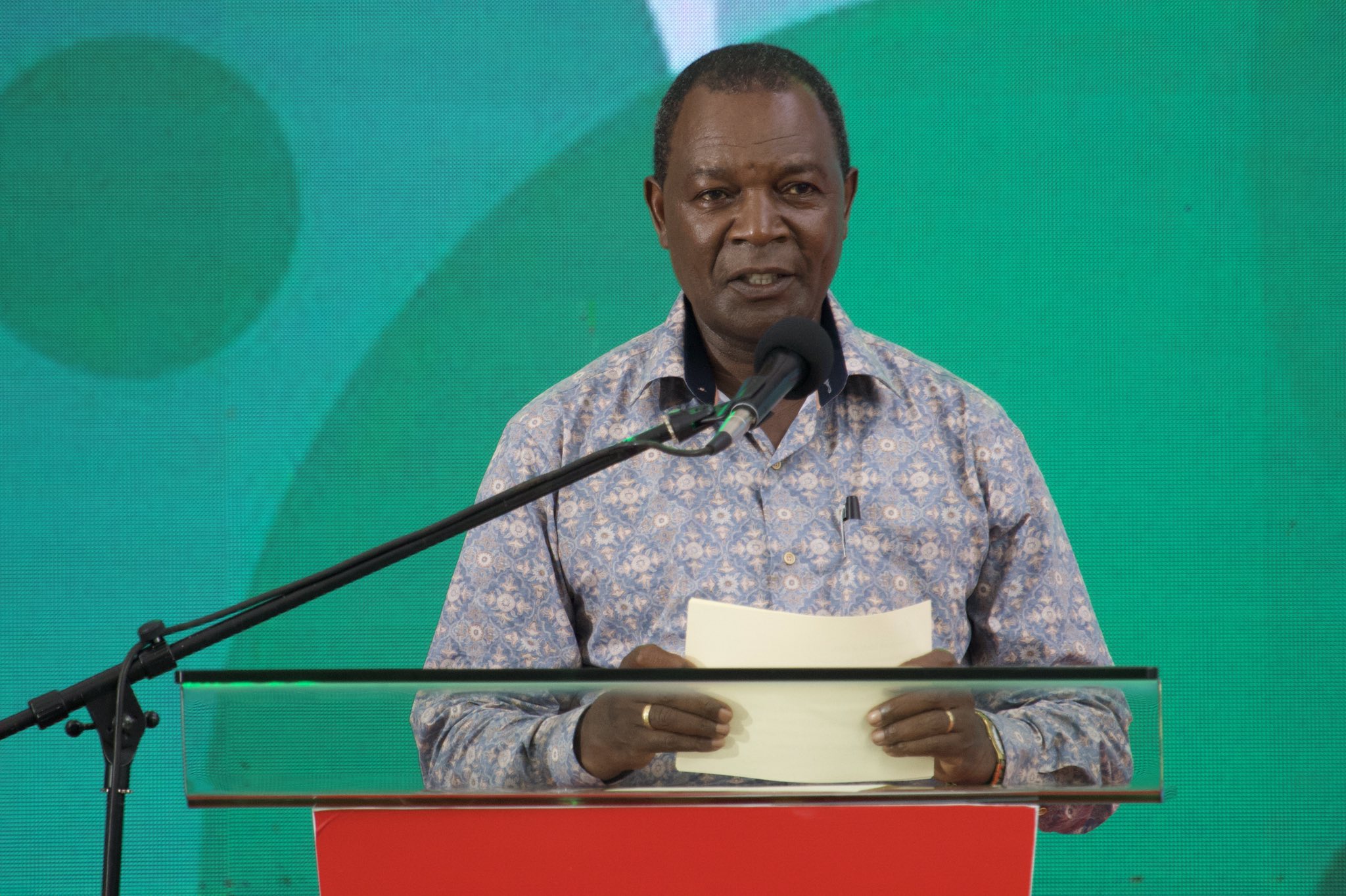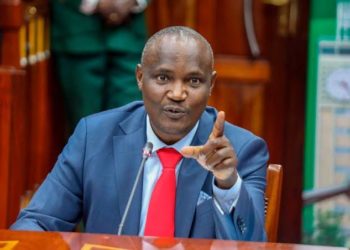Kenya’s economy is projected to grow by 5.5% in 2023 and 5.7% in 2024, despite global financial uncertainty, according to the government’s 2023 Budget Review and Outlook Paper (BROP) published this week.
The BROP forecasts steady growth supported by the recovery of agriculture, a resilient services sector, and implementation of economic reforms under the Bottom-Up Economic Transformation Agenda championed by President William Ruto.
“The economy recorded a strong growth of 5.3 percent in the first quarter reflecting a strong recovery in agriculture sector and buoyant services sector,” said Cabinet Secretary for the National Treasury Njuguna Ndung’u in the report.
The BROP, which reviews Kenya’s budget for the 2022/2023 fiscal year and sets economic targets for 2024/2025, projects economic growth rebounding from 4.8% in 2022. The agriculture sector is recovering after a severe drought, while services like retail, transportation and technology have remained strong.
Government reforms aim to stimulate small businesses and increase access to affordable housing and healthcare. But global financial uncertainty poses a risk.
“The global growth is projected to slow down to 3.0 percent in 2023 and 2024 due to the impact of ongoing monetary policy tightening,” the BROP stated.
Still, the report struck an optimistic tone about Kenya’s economic future. It cited a 7.3% revenue growth in 2022/2023, higher than the previous fiscal year, although collections missed targets.
“The strong outcome in revenue collection in the FY 2022/23 provides a strong base for supporting the revenue and expenditure performance in the FY 2023/24 and the medium term budget,” Ndung’u wrote.
The government projects shrinking its budget deficit from 5.6% to 4.4% of GDP by 2024/2025 through new revenue sources and cutting non-essential expenditures.
“This will be supported by enhanced revenue mobilization, reprioritization and rationalization of expenditures but above all grow the tax base through an appropriate tax regime,” the BROP stated.
At the county level, governments faced difficulty meeting fiscal responsibility targets due to high spending on salaries and pending bills. The BROP outlined reforms to improve county budget oversight and revenue collection.
“The National Treasury notes that a number of County Governments reported revenue collection way below their target,” the report said.
To curb inflation, the Central Bank of Kenya has increased interest rates and introduced monetary policy reforms. The government is subsidizing staple food crop inputs to lower costs.
“This will be supported by muted demand pressures consistent with prudent monetary policy and easing domestic and global food prices,” the BROP stated regarding inflation projections.
The economic transformation agenda prioritizes agriculture, affordable housing, healthcare, manufacturing and technology to boost growth that benefits all citizens.
“The momentum and large impact they will create will raise economic vibrancy and tax revenues,” Ndung’u wrote about the government’s priority sectors.
With prudent fiscal and monetary policies, Kenya appears poised to overcome local and global economic challenges through strategic reforms that put citizens first. The annual BROP outlines how the government plans to maintain inclusive economic development and fiscal responsibility.


















